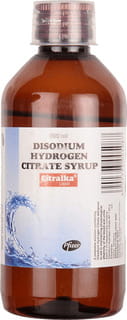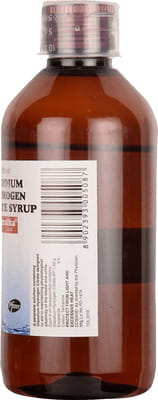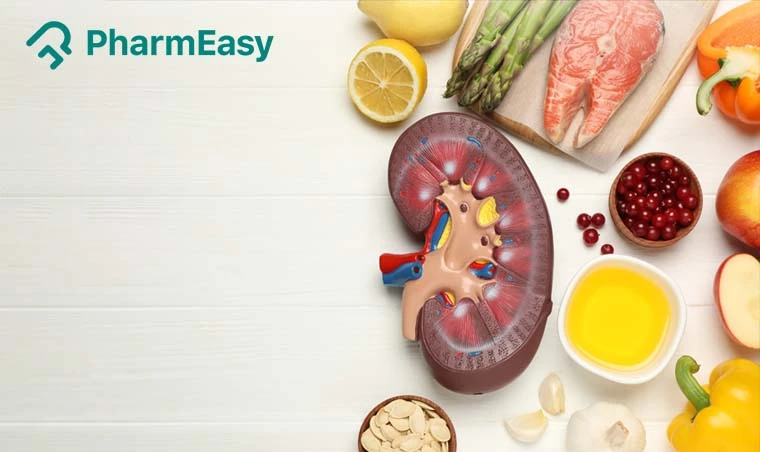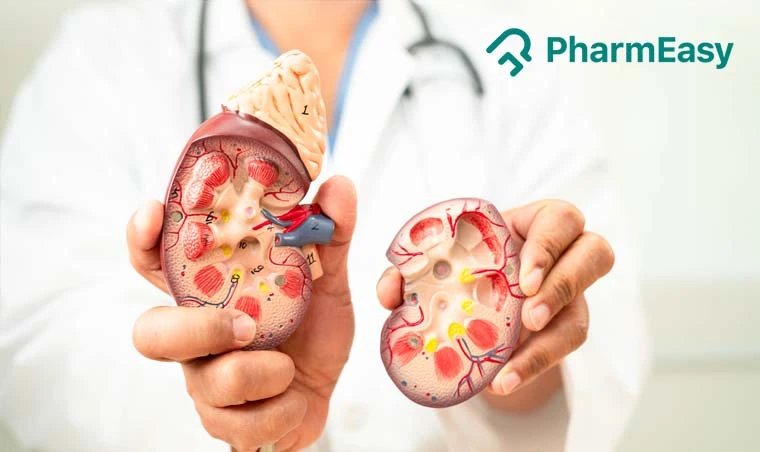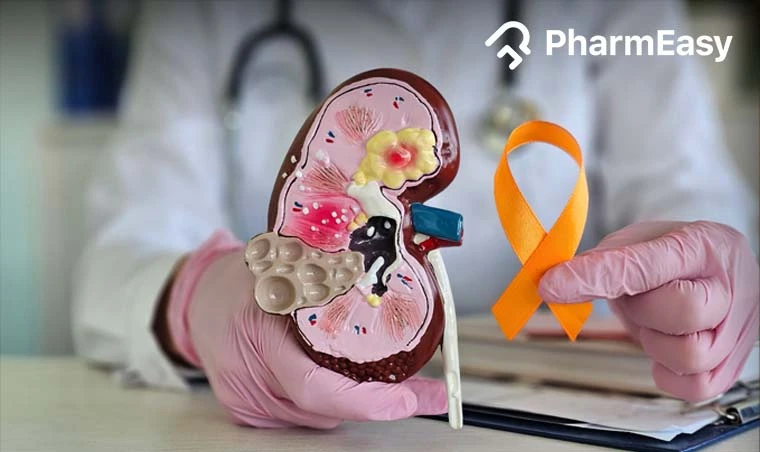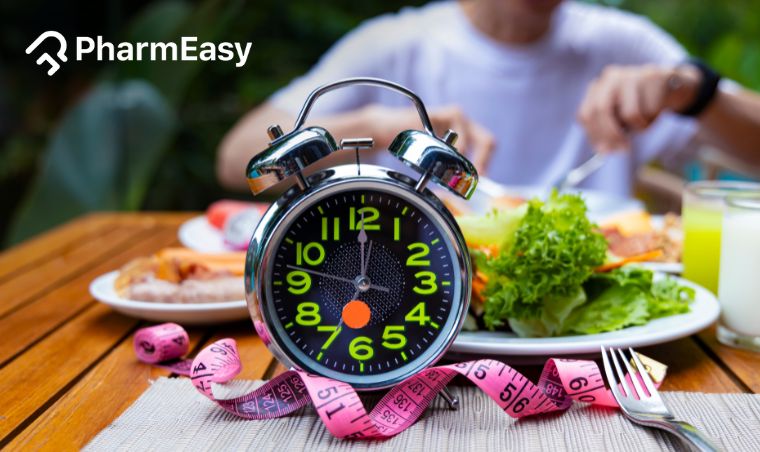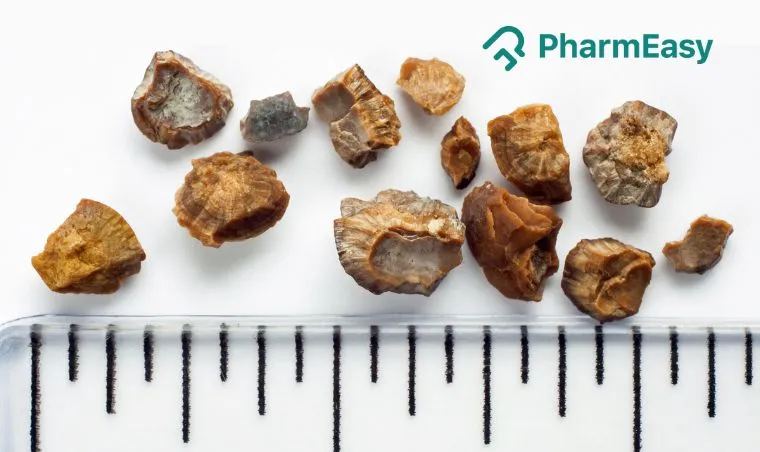Citralka Oral Liquid
Description
Citralka Oral Liquid is used to treat gout, kidney stones, urinary tract infections and other kidney conditions caused due to increased uric acid levels in the body. It contains disodium hydrogen cit
rate as the active ingredient. It acts as a urine alkalinzer. This Oral Liquid acts by increasing the pH of the urine, that is making it alkaline. Thus, enhancing the solubility of uric acid and further getting removed from the body via urine. Citralka Oral Liquid should be used carefully in patients having kidney diseases or heart or lung diseases or high sodium or potassium levels. Have plenty of water while using this medicine. You should take this Oral Liquid with or after meals to avoid stomach upset.
Product Summary
| Offer Price | ₹125.30 |
| You Save | ₹41.77 (25% on MRP) |
| Contains | Disodium Hydrogen Citrate(1.53 Gm/5ml) |
| Uses | Urinary tract infection, kidney stones, gout |
| Side effects | Nausea, vomiting, stomach pain |
| Therapy | DRUGS FOR RENAL CALCULI |
Uses
- Citralka Oral Liquid is used in the treatment of gout (increased levels of uric acid) and kidney stones.
- It is also used to treat urinary tract infection and metabolic disorders caused by kidney diseases.
Contraindications
- If you are allergic to citric acid or any other ingredients of Citralka Oral Liquid.
- If you have kidney diseases.
- If you have high sodium or potassium levels.
- If you have high blood pressure, irregular heartbeats or heart failure.
- If you have low calcium levels.
- If you have lung diseases.
- If you have diabetes.
- If you have addison's disease (an adrenal gland disorder).
Side effects
- Stomach pain
- Weakness
- Nausea
- Vomiting
- Diarrhoea
Precautions and Warnings
Pregnancy
Breast Feeding
Driving
Alcohol
Other General Warnings
- You are diabetic.
- You have kidney diseases.
- You are suffering from chronic diarrhoea (such as ulcerative colitis and Crohn's disease).
- Do not alter the dose of Citralka Oral Liquid by yourself.
- Take this medicine after food for better absorption and to avoid stomach-related side effects.
Mode of Action
How Does It Work?
Directions for Use
- Citralka Oral Liquid should be taken as per your doctor's advise.
- Shake the bottle well before use.
- Mix a prescribed dose of this medicine in a glass of water and drink slowly.
Interactions
Interactions with other medicines
- Citralka Oral Liquid may interact with other medicines and produce an altered response. Please tell your doctor if you are using any other medicines, over-the-counter medicines (that you buy without a prescription) and herbal preparations....
- Antacids containing aluminium and magnesium should be taken with a minimum gap of two hours after consumption of this medicine.
- This medicine may interact with Aspirin, talk to your doctor before starting with Citralka Oral Liquid Oral Liquid.
- Other medicines that can interact with this medicine are Lithium, Quinidine and Salicylate.
Storage and disposal
- Citralka Oral Liquid should be stored at room temperature away from heat and moisture.
- Keep it out of reach of children and pets.
- Do not flush medications down the toilet. Discard it when it is expired or no longer needed.
Dosage
Overdose
Missed a Dose
Content Details
Dr. Mansi Savla
B. Pharm, PharmD
Dr. Ritu Budania
MBBS, MD (Pharmacology)
Frequently Asked Questions (FAQs)
Q: Can Citralka Oral Liquid be given to children?
Q: How many days should I take Citralka Oral Liquid?
Q: How long will Citralka Oral Liquid take to work?
Q: Is Citralka Oral Liquid an antibiotic?
Q: Can I take antibiotics along with Citralka Oral Liquid?
Q: Is Citralka Oral Liquid good for urine infection?
References
- Cytra-K (potassium citrate/citric acid) dosing, indications, interactions, adverse effects, and more [Internet]. Reference.medscape.com. 2025 [cited 8 April 2025].
- CDSCO [Internet]. Cdscoonline.gov.in. 2025 [cited 8 April 2025].
- National Center for Biotechnology Information (2025). PubChem Compound Summary for CID 8950, Disodium Hydrogen Citrate. [cited 8 April 2025].
- Turner GW, Shankland K, David WIF, et al. Structures of disodium hydrogen citrate monohydrate, Na₂HC₆H₅O₇(H₂O), and diammonium sodium citrate, (NH₄)₂NaC₆H₅O₇, from powder diffraction data. Acta Crystallographica Section E: Crystallographic Communications [Internet]. 2020;76(10):1503–1507. IUCr Journals [cited 2026 Jan 05].
Did you find this medicine information helpful?
Please rate your experience
